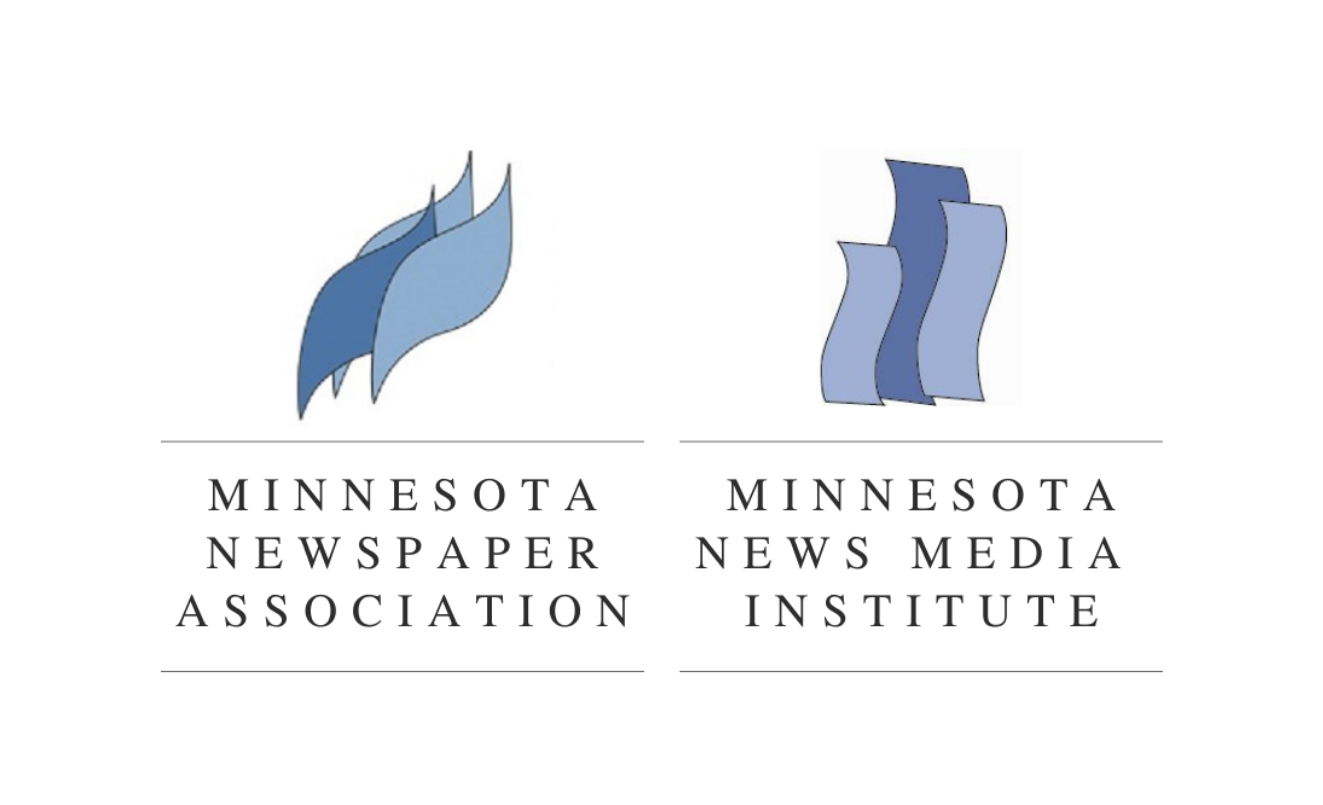By Jim Pumarlo
A fire chief was suspended without pay after taking his nephew, and another firefighter off his shift, for a joy ride on the city’s fire boat. The city agreed to not voluntarily report the disciplinary action to the newspaper.
Three local firms were vying to become airport manager in what had become a contentious process. A committee, on a 4-3 confidential vote, recommended the existing vendor to the city council, even though the proposal exceeded the low bid by $100,000 over the five-year contract. City officials defended the secret ballot on the basis it was a sensitive issue.
The two examples reinforce the message of Sunshine Week March 15-21, an annual nationwide observance underscoring access to public information to promote open, effective and accountable government.
“Freedom of information” too often is posed as “us” versus “them.” Editors demand access to nearly everything, and government says hands off to lots of information that we argue is best revealed in the interest of the public.
Pursuing stories in the private sector can be even more challenging. Private organizations – for sound reason – are not subject to the same laws as public bodies when it comes to meetings and release of information. At the same time, there are arguments – for example, both in terms of an employer’s and a community’s best interests – that certain information be shared.
We resolved to get the complete stories in the two cases referenced during my tenure as editor of the Red Wing Republican Eagle. We were unabashed in our aggressive pursuit of local news. We published full details, then editorialized why readers deserved to know the facts. The reports generated far more coverage than if authorities had simply released the information from the start.
My advice is straightforward when coaching individuals and organizations on how to strengthen media relations: Be prepared to share the bad as well as the good news, the sensitive as well as the feel-good stories. A pro-active stance can reap long-term dividends.
The counsel is equally appropriate for reporters and news sources during Sunshine Week.
Media and government do not have to be adversaries. Newsrooms should continue to press for the full menu of news. At the same time, editors and reporters should be diligent in developing relationships with newsmakers who can be uncooperative in sharing “all the news.”
Here are three tips for reporters and news sources to help break down the barriers.
- Introduce yourselves: Reporters will be most successful in securing information – especially if the news is unflattering from the other party’s perspective – if they have established relationships with their sources. Likewise, individuals regularly in the news should get to know the players at the newspaper beyond during only times of confrontation.
- Initiate coverage early: Lack of notice is a common reason for editors to turn down requests for news coverage. Newsmakers should familiarize themselves with newspaper operations – their deadlines and resources. At the same time, newsrooms – often fully aware of an event weeks in advance – should not wait to be spoon-fed stories. Both sides will benefit from connecting early to explore substantive and fresh coverage.
- Do your homework: Nothing’s more frustrating than newsrooms being pitched a story without really understanding its significance. The unfortunate result is that the individual or organization is dissatisfied with the coverage, and the newspaper misfires on an important story. Sources should understand they may have to educate reporters on complex subjects, and reporters should do their research in advance.
These tips serve the dual purpose of improving relationships with newsmakers and providing solid content for readers.
Don’t be misled, however. Despite the best efforts on both sides, relationships with newsmakers won’t always be rosy. Editors still will have legitimate reason to reject some requests, and reporters still will meet resistance in their pursuit of “bad” news.
In a nutshell, newsmakers must learn to volunteer the bad news and the good news. And newspapers – even in their roles as government watchdogs – must be as receptive to covering the good news as they are to pushing for the uncomfortable news. Developing relationships is a two-way street. The process is neverending, and it’s best to take baby steps. So here’s a starter.
Nothing is more complex, and has a greater impact on taxpayers, than a city budget. The document can take weeks to develop and be the size of a mini book. Yet, most newspapers likely receive the budget a few days in advance of – or even at – the meeting where it is formally presented and adopted.
The result? Reporters, under the crunch of deadline, write a story full of numbers with little interpretation. The report does not meet the city staff’s expectations and, worse, means little to readers.
Imagine the reaction if an editor today invited the city manager to explore ideas for meaningful coverage of a budget that will be adopted months from now. Both individuals might be surprised at where the conversation leads, and – most important – your readers stand to be the ultimate beneficiary.
Jim Pumarlo is a member of the Minnesota Newspaper Association and former editor of the Red Wing Republican Eagle.
